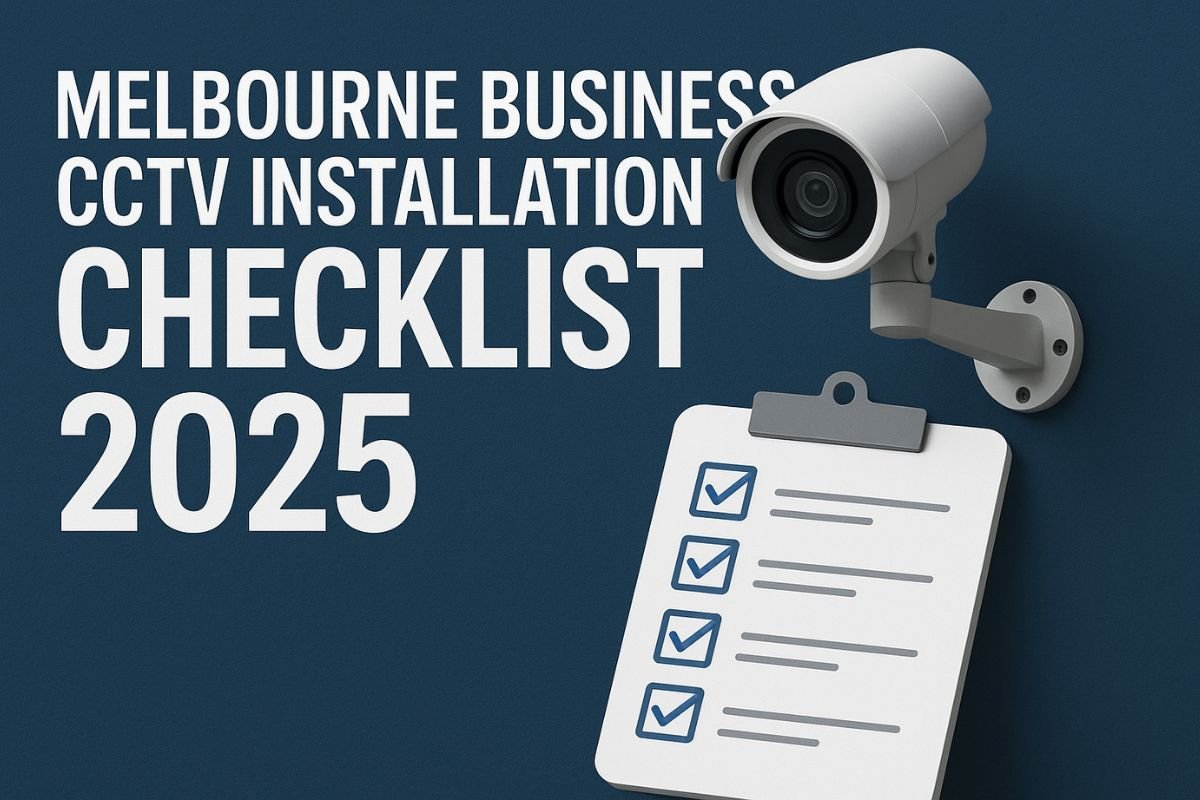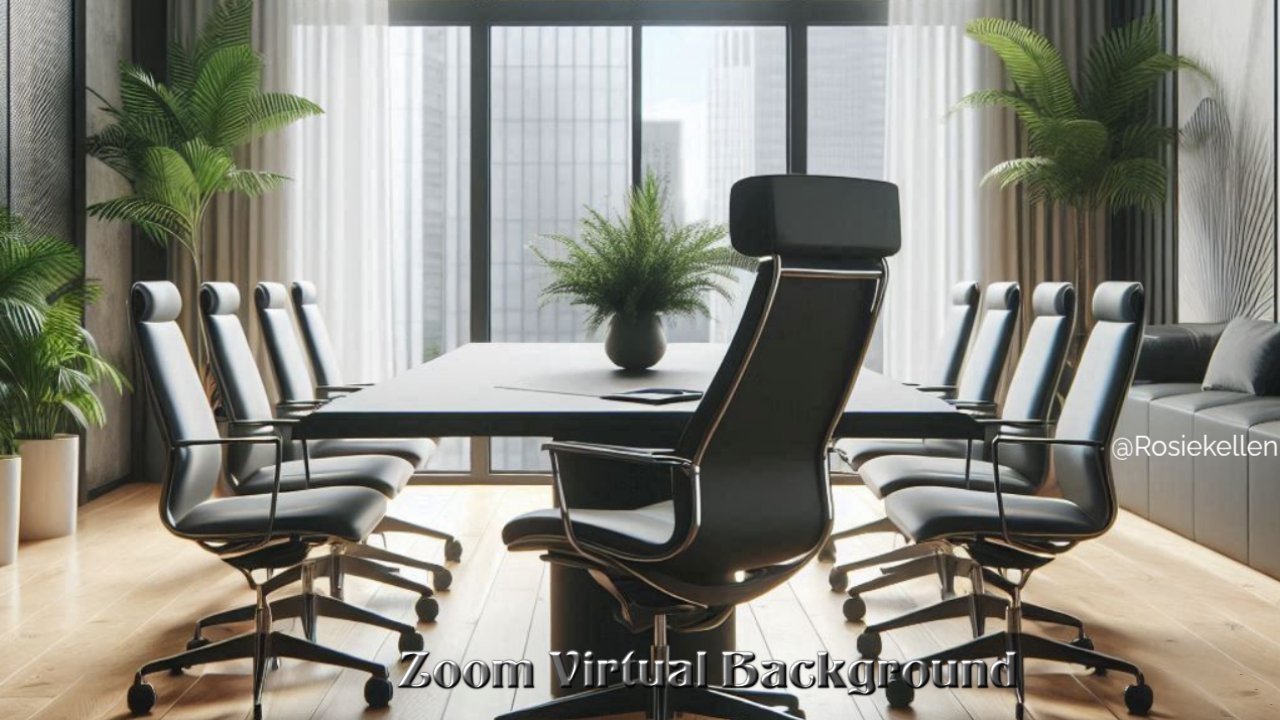In Melbourne’s fast-growing business landscape, ensuring your premises are secure is not a luxury—it’s a necessity. From retail shops to corporate offices, every business owner faces the challenge of protecting property, employees, and customers. A well-planned commercial CCTV installation is one of the most effective ways to achieve peace of mind and maintain safety standards. This comprehensive checklist helps Melbourne business owners understand what’s involved in installing CCTV systems, how to plan effectively, and what to look for when choosing professional services.
1. Assess Your Business Security Needs
Before installing cameras, conduct a full security assessment. Identify key risk zones such as entrances, exits, parking lots, cash-handling areas, and warehouses. Each area might require a specific camera type or coverage angle. Consider both internal and external risks—employee safety, theft prevention, and after-hours surveillance. Documenting these needs will guide you in choosing the right CCTV equipment and determine the number of cameras required. This early step ensures your system is both efficient and cost-effective for long-term security.
2. Understand Melbourne’s Legal and Privacy Requirements
Melbourne has specific laws regulating surveillance in commercial properties. Business owners must comply with the Surveillance Devices Act 1999 (VIC), ensuring cameras are not used to invade personal privacy, such as in restrooms or private offices. Additionally, informing staff and visitors about camera usage is legally required. Placing clear signage and using footage only for legitimate business purposes are essential compliance steps. Adhering to these rules not only protects your company from potential legal issues but also promotes trust between management and employees.
3. Choose the Right CCTV System for Your Business
CCTV technology has evolved significantly, offering a wide range of camera systems. You can choose between wired, wireless, IP, or hybrid setups depending on your property layout and connectivity options. High-resolution IP cameras are ideal for large spaces, offering detailed imagery and easy remote access. Consider features like motion detection, night vision, and weatherproof housings for outdoor use. Investing in the right system means fewer blind spots and reliable footage during critical incidents. Melbourne’s unpredictable weather makes durability and water resistance vital for outdoor installations.
4. Evaluate the Installation Location
Proper placement determines how effective your CCTV system will be. Cameras should be positioned at strategic points like entryways, corridors, and loading docks to maximize visibility. Avoid placing cameras near bright light sources, which can distort images. Indoor cameras work best at chest or eye level, while outdoor cameras should be mounted higher to deter tampering. Testing different viewing angles before final installation ensures optimal coverage. A poorly positioned camera may miss crucial evidence, so precise installation is key to achieving full property monitoring.
5. Select a Reliable CCTV Installation Company
Hiring a trusted service provider is critical for long-term security performance. When researching providers, check their experience, reviews, and licensing. For example, local experts specializing in cctv installation melbourne understand regional building structures, regulations, and climate challenges better than national brands. Look for installers offering warranties, transparent pricing, and technical support. A professional installation ensures cables are hidden, cameras are well-calibrated, and system configurations are done accurately. Investing in expertise ensures that your CCTV setup remains dependable for years to come.
6. Integrate CCTV with Other Security Systems
Modern businesses often integrate CCTV with other security systems such as access control, alarms, and motion sensors. This combination strengthens your defense against theft and vandalism. For example, when an alarm triggers, the system can automatically record and store footage of the event. Integration also enables real-time alerts through mobile apps and centralized control panels. When systems work together, security teams can act faster and more efficiently. This level of coordination makes your entire security infrastructure smarter and more responsive to incidents.
7. Opt for Remote Monitoring and Cloud Storage
Remote monitoring allows business owners to access live footage through mobile or desktop applications, offering real-time control even while traveling. Cloud-based storage adds an extra layer of protection against data loss, as footage is securely stored off-site. This eliminates the risk of losing evidence due to hardware damage or theft. Some systems also feature AI analytics, enabling smart alerts for unusual movements. Melbourne businesses benefit greatly from these advanced technologies, improving operational visibility and overall peace of mind.
8. Plan Your Budget Wisely
CCTV installation costs vary depending on the system type, number of cameras, and installation complexity. Create a budget that includes hardware, installation labor, maintenance, and potential future upgrades. While it may be tempting to choose cheaper equipment, investing in quality components ensures reliability and longer service life. Consider total ownership costs over time rather than initial expenses alone. A well-planned budget ensures your system delivers strong ROI through reduced losses and enhanced operational security.
9. Schedule Regular Maintenance and Inspections
Like any technology, CCTV systems require periodic maintenance. Dust buildup, loose cables, and outdated firmware can impact performance. Schedule professional inspections every six months to check camera focus, recording quality, and system health. Regular updates to software and hardware enhance security features and prevent cyber vulnerabilities. Keeping a consistent maintenance schedule ensures your CCTV system operates flawlessly, providing reliable footage when you need it most. Preventative care saves time and cost compared to emergency repairs.
10. Involve Employees in Security Awareness
Your staff plays a crucial role in maintaining a secure workplace. Educate them on the importance of CCTV monitoring, how it helps prevent internal theft, and what procedures to follow during incidents. Employee cooperation can make surveillance systems more effective. Encourage reporting of suspicious activities and emphasize that cameras are meant for safety, not surveillance of personal behavior. Transparency builds trust and enhances workplace safety culture, helping everyone feel protected rather than monitored.
11. Enhance Overall Security with Smart Integration
Modern businesses are turning to smart technology for more comprehensive protection. Integrating CCTV with motion lights, smart locks, and AI-enabled analytics provides a proactive security system. For residential-style businesses, exploring home security camera installation services can be beneficial. Many commercial properties use hybrid setups that combine home-grade flexibility with enterprise-level monitoring. This integration boosts both convenience and protection, giving Melbourne business owners total control over security management.
12. Review and Upgrade Your System Regularly
Technology evolves quickly, and so should your security setup. Outdated cameras and software may lack essential features like high-resolution recording or cybersecurity protection. Regularly assess your system’s performance and upgrade as needed. Businesses that stay current benefit from sharper images, enhanced data storage, and better integration capabilities. A proactive upgrade plan also helps comply with new privacy regulations and emerging security standards in Melbourne’s dynamic commercial environment.
13. Track Activity Using Mobile and Social Tools
In an age where digital connection is vital, using mobile apps and even platforms like instagram can support business engagement and awareness. Many Melbourne businesses use social media to promote security-conscious practices and community safety programs. While not a surveillance tool, social platforms can enhance communication, promote brand responsibility, and show your commitment to maintaining safe spaces for employees and customers.




Leave a Reply